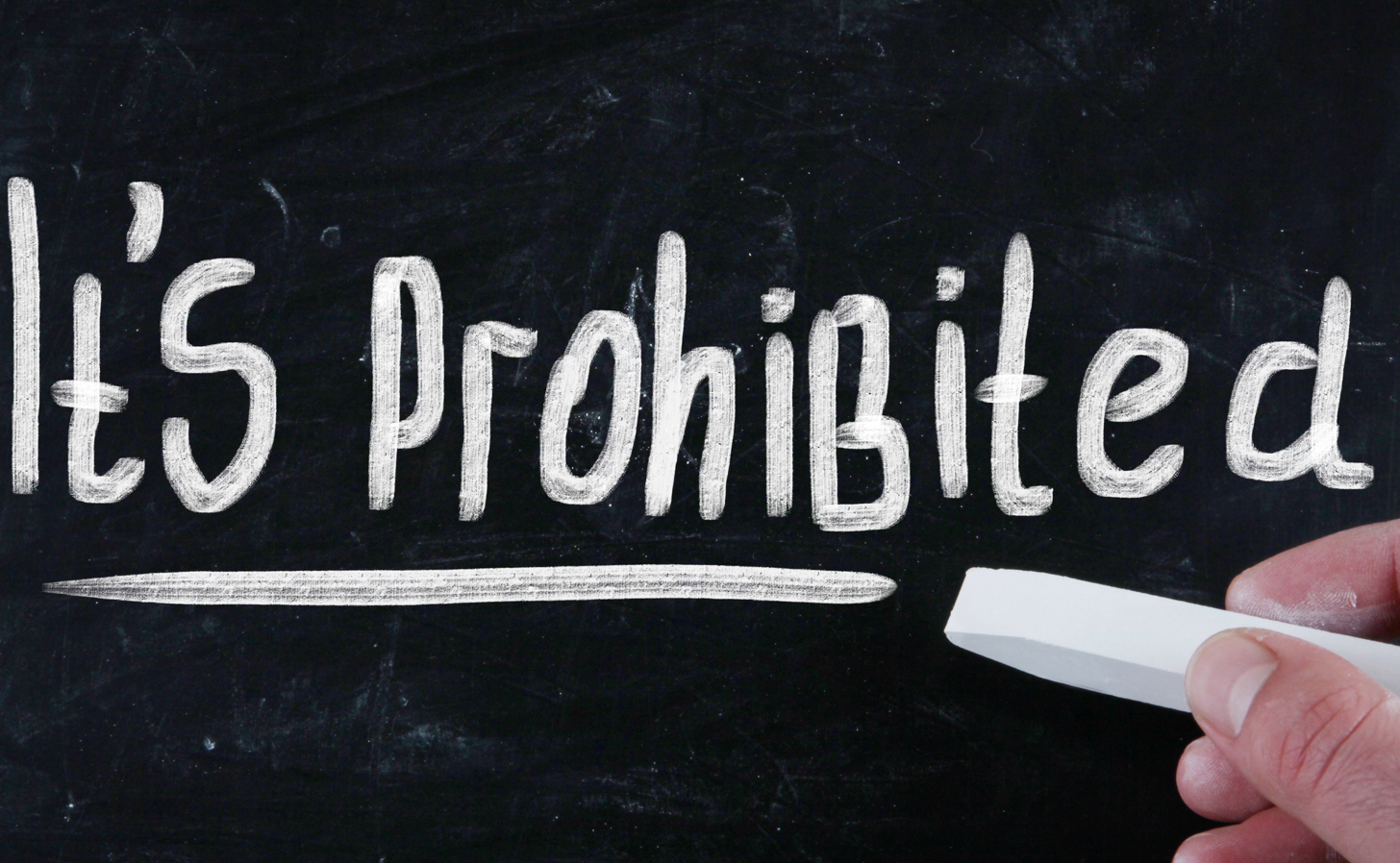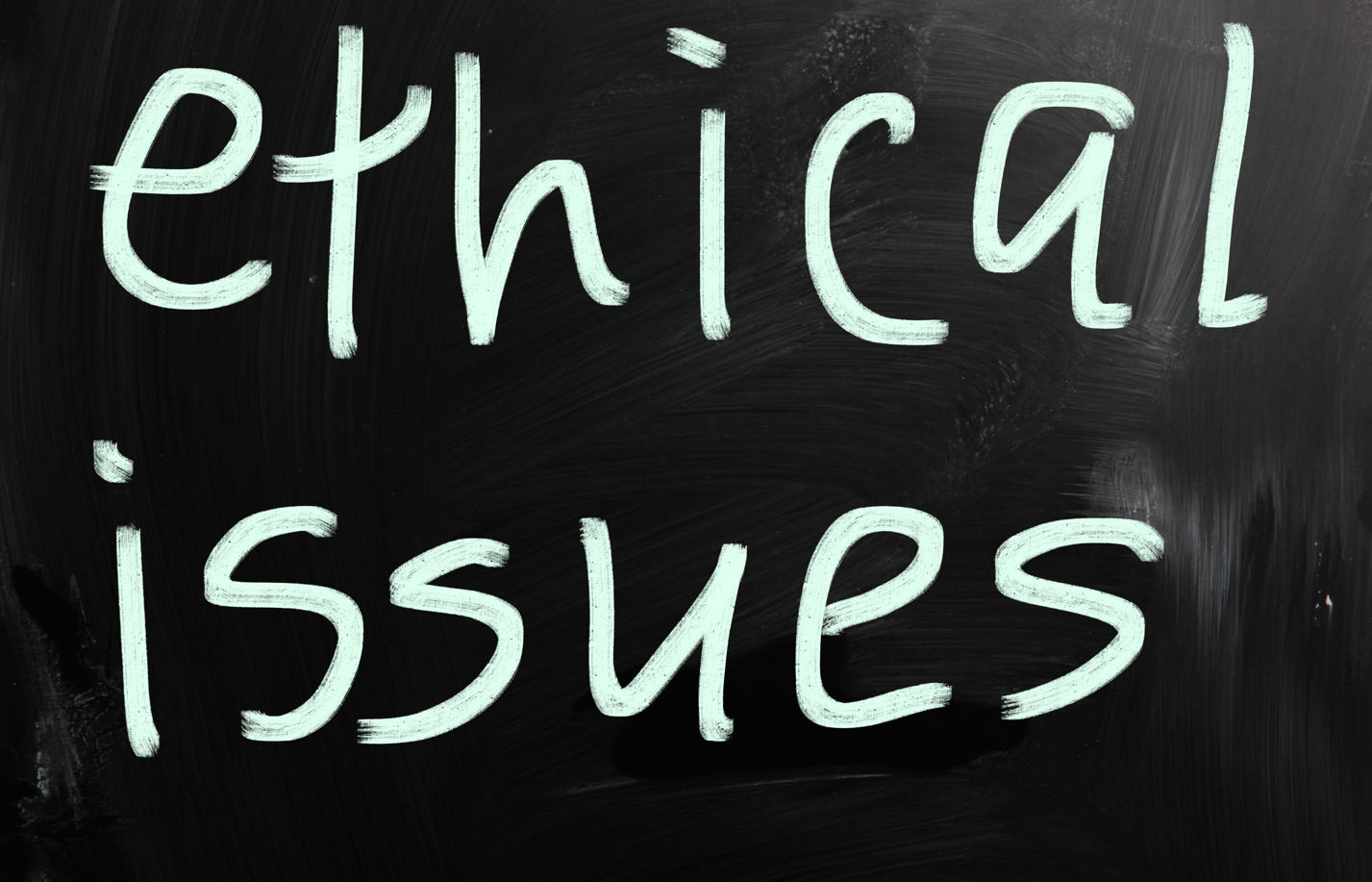
by John McCarthy Consulting Ltd. | Nov 22, 2021 | Blog, News
Executing a good audit is never easy as most auditors and their clients are under severe time and budgetary pressure. Covid has contributed to these pressures. If you would like to know how to do better and more efficient audits have a look at our summary of this recent report.
The UK Financial Reporting Council recently published a report called ‘What Makes a Good Audit?’ The report highlights the six key habits that progressive audit firms have developed to ensure that they carry out better-quality audits. These are:
- Assessing firm quality risks (careful risk assessment at the outset of the audit);
- Mindset, culture governance and leadership (avoid conflicts of interest or threats to independence);
- Performance monitoring and remediation (root cause analysis followed by decisive corrective action);
- Quality monitoring (cold file reviews and hot file reviews which act as a preventative control);
- Resources – investment in well-qualified people (staff and Partner appraisals and training);
- Information and communication (training scope is broadening to include soft skills and critical thinking training.
Among the key best examples of audit techniques identified in the report are the following:
- “The journal entry testing across the group was thorough and well controlled; in particular the selection criteria used for journal entry testing and the communication of those detailed criteria as required procedures for the component teams. This ensured that the identified fraud risks associated with revenue recognition and management override of controls were appropriately considered across the group.”
- “In those areas which required the exercise of significant judgement by management, the audit team structured its audit working papers in such a way to identify the key judgements, how they were challenged and how that challenge was concluded. The approach adopted was particularly effective and helped provide clear context to the audit and the conclusions reached.”
- “The audit team obtained direct confirmations from customers to verify that revenue for major contracts for the first ten months of the year had been appropriately recognised.”
- “The audit firm integrated the key audit behaviours into the performance evaluation forms for all audit staff”
- “The firm achieves a very high completion rate for mandatory training and has clear consequences for individuals that do not attend, including a process for identifying repeat offenders.”
The report makes for very interesting reading and is available here.
For more details recently published Audit Quality Control Manual (October 2021) (implementing the latest Irish Audit & Accounting Supervisory Authority standards including ISQC1 on audit quality control). View the Table of Contents here.
We also have an up to date Anti-Money Laundering Procedures Manual (September 2021) – View the Table of Contents here.

by John McCarthy Consulting Ltd. | Nov 15, 2021 | Blog, News
Recent blogs have dealt with some of the changes to the Ethical Standard for Auditors and to ISQC1 some important changes have occurred. We wrote on:
- This week we want to highlight two more important changes to Section 5 of the Ethical Standard dealing with certain Non-Audit Services which are banned from 15 July 2021. These changes apply to all audits, both private and listed entities. These changes came into effect from 15 July 2021. The words in bold are what’s new since the 2017 version
- Recruitment ban: Paragraphs 5.94 and 5.95 now state:
5.94 ‘The firm shall not provide recruitment services to an entity relevant to an engagement, that would involve the firm taking responsibility for, or advising on the appointment of any director or employee of the entity, or a significant affiliate of such an entity, where the firm is undertaking an engagement.’
5.95 ‘The firm shall not provide advice on the remuneration package or the measurement criteria on which the remuneration is calculated, for any director or employee of the entity, or a significant affiliate of an entity relevant to an engagement.’
Prior to this ban, recruitment could have been carried out in certain limited circumstances and within certain safeguards being implemented.
- Internal audit ban: Paragraph 5.48 now states ‘The firm shall not provide internal audit services to an entity relevant to an engagement or a significant affiliate of such an entity, where the firm is undertaking an engagement’.
Prior to this ban being introduced, the 2017 version of the Ethical Standard for Auditors, internal audit services were permitted in certain circumstances, while other internal audit services were not. Now the ban is across the board.
Prior to this ban being introduced, the 2017 version of the Ethical Standard for Auditors, internal audit services were permitted in certain circumstances, while other internal audit services were not. Now the ban is across the board.
For more details and implementation support on these changes, please refer to our just published Audit Quality Control Manual (implementing the latest Irish Audit & Accounting Supervisory Authority standards including ISQC1 on audit quality control). View the Table of Contents here.
We also have an up to date Anti-Money Laundering Procedures Manual (September 2021) – View the Table of Contents here.

by John McCarthy Consulting Ltd. | Nov 8, 2021 | Blog, News
As we mentioned in last week’s blog, we are writing a series of blogs on the recent changes to the Ethical Standard for Auditors that have been become effective since 15 July 2021 and some changes to the ISQC1 ‘Quality Control for Firms that Perform Audits and Reviews of Financial Statements, and other Assurance and Related Services Engagements’.
IES 8
There has also been a change in the scope and emphasis of the International Education Standard 8 (IES 8), which focuses on the reflection and planning of Audit Partner’s training requirements, under 14 competency headings. IES 8 is issued by the International Accounting Education Standards Board (IAESB) sets out the competencies that you are expected to have if you are a responsible individual (RI), which the standard refers to as an ‘engagement partner’. The 14 competencies are too numerous to mention here – but they can be accessed at this link.
In brief terms the Audit Partner must:
- Reflect on what your CPD needs are
- Act – carry out the CPD activity or activities you have planned
- Impact – subsequently evaluate whether the plan was achieved and adjust if necessary
- Declare – be able to demonstrate with appropriate records that the required CPD has been fulfilled.
The ICAEW actually calls this the ‘RAID’ acronym – to make it easier to remember.
Reporting Breaches
From 15 July 2021 the Ethical Standard for Auditors (paragraph 1.21) requires audit firms to file annual reports of breaches of the Ethical Standard on a calendar year basis:
Where no breaches have occurred, ‘Nil’ reports are not necessary. The first reports will be due for the period 15/7/2021 to 31 December 2021. At the time of going to press, ACCA and Chartered Accountants Ireland have issued guidance on the correct approach and format of the reports.
An example of such a reportable breach would be where an audit firm is obliged to have an Engagement Quality Control Review (EQCR or hot file review) carried out, and did not do so, this would be a reportable breach.
For more details and implementation support on these changes, please refer to our just published Audit Quality Control Manual (implementing the latest Irish Audit & Accounting Supervisory Authority standards including ISQC1 on audit quality control). View the Table of Contents here.
We also have an up to date Anti-Money Laundering Procedures Manual (September 2021) – View the Table of Contents here.

by John McCarthy Consulting Ltd. | Nov 1, 2021 | Blog, News
Recent changes to the Ethical Standard for Auditors in Ireland mean that there is much less chance of auditing being a dull profession! The changes are the first to arise since the previous standard was issued in April 2017 and, following representations from the professional bodies, were postponed by over a year to allow for the impact of Covid-19.
Over the course of the next few weeks, we will be writing a number of blogs on the changes to the Ethical Standard for Auditors that have become effective since 15 July 2021 and as time moves on, implementation and the implications of these changes becomes more and more important , especially where they are not fully appreciated at the outset.
The first of these changes that we want to speak about is the change in emphasis of the definition of the ‘Reasonable and Informed Third Party’ (‘RITP’) which is a test of auditor independence.
This test applies especially at the planning stage but also, all throughout the audit, when the auditor is considering the independence of the audit firm and the audit team. Ethical Standard 1 now requires consideration of independence matters to be evaluated by reference to the perspective of an objective ‘RITP’.
The new definition of the ‘RITP’ refers to third party stakeholders which include, for example, the Revenue Commissioners, suppliers, customers, employees, management and shareholders of the audited entity. The previous definition referred to the ‘RITP’ as another audit practitioner. The change in emphasis could become a little more rigorous and challenging in certain circumstances.
There has also been a change in the scope and emphasis of the International Education Standard 8 (IES 8), which focuses on the reflection and planning of Audit Partner’s training requirements, but more on that next week.
For more details and implementation support on these changes, please refer to our just published Audit Quality Control Manual (implementing the latest Irish Audit & Accounting Supervisory Authority standards including ISQC1 on audit quality control). View the Table of Contents here.
We also have an up to date Anti-Money Laundering Procedures Manual (September 2021) – View the Table of Contents here.

by John McCarthy Consulting Ltd. | Oct 22, 2021 | Blog, News
What’s the difference in treatment of investment property between FRS 105 and FRS 102?
Too many accountants rely on the computer software to produce the correct result, which can go badly wrong. You can’t beat reading the standards themselves. In this case, the March 2018 version (as amended) of FRS 105 and more particularly Section 12 of FRS 105 which deals with Property, plant and equipment and Investment Property.
Investment property assets are normally carried at revaluation under Irish GAAP i.e. FRS 102, but it’s dangerous to assume that FRS 105 allows the same treatment. For the purposes of this blog, I am ignoring the FRS 102 options for investment property, which allow for cost/fair value models, in certain circumstances. Instead I want to focus on the fact that FRS 105 removes most FRS 102 options.
Where the company owning the property is a ‘micro-entity’ (as defined in the Companies Act, 2014 with turnover €700k, gross assets €350k, and less than 10 employees), it is not allowed apply the alternative accounting rules/fair value accounting rules under FRS 105, because the Companies Act, 2014 does not permit the use of these options.
Therefore, investment property must be carried at cost under FRS 105.12.3 and the knock-on effect of this is that the investment property must also be depreciated under FRS 105.12.15 because that is a requirement of the cost model.
The bottom line is that if you have ‘small’ (as defined in the Companies Act, 2014) company clients who wish to report investment property assets at revaluation or at fair value, then they must adopt FRS 102 Section 1A (as amended) or else the full version of FRS 102 (March 2018) (as amended).
For more blogs please visit this link and for our publications and manuals and services click here.

by John McCarthy Consulting Ltd. | Sep 16, 2021 | Blog, News
As far as accountancy firms go, there is a requirement for each firm to prepare an anti-money laundering (AML) written risk assessment (known as the firm-wide or business risk assessment) examining the business/practice in five key areas (more on this below). The legislation that brought this into place is section 30A of the Criminal Justice (Money Laundering and Terrorist Financing) (Amendment) Act, 2018, which became effective on 26 November 2018. The various professional bodies are examining these risk assessments in their recent practice inspections.
The risk assessment must be kept up to date but there is little clarification in the legislation about ‘what up to date’ means. If your practice has essentially not changed in structure/number of offices or the services it offers since you prepared your first risk assessment in 2018, now is a good time to give it a brief refresh. If there have been more fundamental changes, including new Partners/services, then a more detailed refresh is required.
More guidance on this topic has been prepared by the Consultative Committee of Accountancy Bodies–Ireland (CCAB-I) and is available here as CAI Technical Release 01/2019. The five key areas that must receive attention in the document are:
- clients – locally based are generally less risky than overseas clients;
- the products and services provided – bookkeeping is generally less risky than liquidation work;
- the countries the clients operate in – clients based in sanctioned territories, or Irish clients doing business with such countries are usually prone to more money laundering (ML) risk;
- the transactions the firm is involved in – decision making on behalf of clients is usually a higher trigger point for risk; and
- the delivery channels – with remote delivery seen as more prone to ML risk.
There will sometimes be overlap between these risk factors, and this is explained in more detail in the guidance and in the template available below.
A template to help you prepare the Firm-Wide Business Risk Assessment is available here for €60+VAT for immediate download in word format.
For more blogs please visit this link and for our publications and manuals and services click here.










